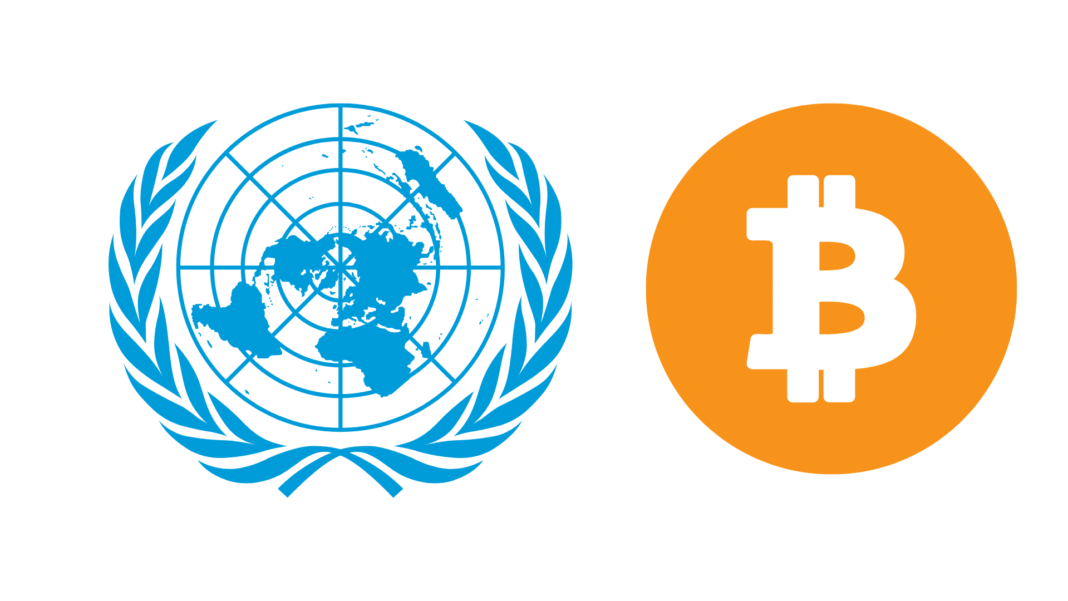The United Nations Office on Drugs and Crime (UNODC) has brought illegal activities undertaken via cryptocurrencies in South Asia under its radar.
In a newly published report, the UN body has urged Southeast Asian nations to criminalize unlicensed virtual asset service providers and suggests stepping up oversight of organized crime groups engaged in online fraud, casinos, and other related enterprises.
The UN agency has stated that certain VASPs, particularly those connected to well-known criminals, are enabling transactions for fraud organizations and high-risk gaming websites.
This has inevitably hurt the economic structure and functionality of the region. The report highlights various factors that are an ongoing issue in the region the businesses sanctioned by the US Office of Foreign Assets Control (OFAC), wallets tied to North Korea’s Lazarus Group, and groups associated with or directly involved in large-scale narcotics trafficking, human trafficking, cybercrime, and child sexual abuse material.
AI Use In Illegal Activities Rises; Tether Also To Be Blamed
The UNODC has also highlighted the increased use of AI by drug cartels, illegal casinos, etc. It states that Asian criminal organizations have quickly incorporated deepfakes, generative AI, malware, and other innovative service-based business models into their operations.
Illegal perpetrators have also opened up new black markets and cryptocurrency solutions to meet their money laundering needs. Illegal online gambling platforms and underregulated casinos and junkets continue to be an essential component of the infrastructure supporting transnational organized criminal groups operating both inside and outside of the region.
The use of cryptocurrencies by these sectors has grown, and many of them have developed into high-risk, unlicensed virtual asset service providers (VASPs) situated in unstable areas of the world, making matters worse for international law enforcement.
The report also mentions the use of Tether Stable Coin in illicit activities. Interestingly, Tether was the most popular stablecoin for unlawful activity in the cryptocurrency space last year, a time when the total amount of illegal transactions in the space decreased as more companies dealing in digital assets came under scrutiny, according to Bloomberg.


